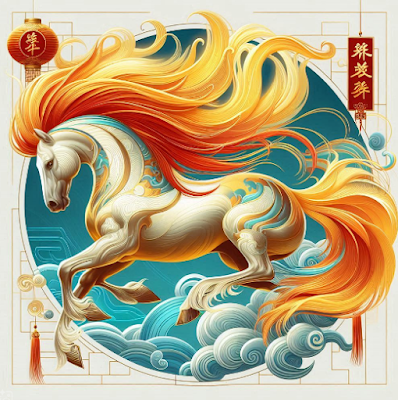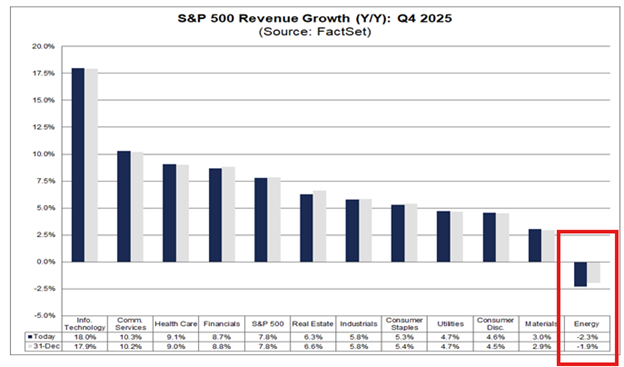With more than 130,000 certified signatures, the “Pro Switzerland” civil movement asked the Swiss government to organize a national referendum on strengthening the country’s international neutrality. After the authorities followed the European Union’s sanctions on Russia and bolstered the cooperation with the North Atlantic Treaty Organization (NATO), the referendum organizers want to prevent a gradual erosion of Switzerland’s traditional neutrality.
They also want to avoid Sweden’s fate, which all of a sudden asked to join NATO once Russia invaded Ukraine. The Swedish government was quick to overturn a position of neutrality stretching back to the Napoleonic period without even organizing a popular consultation. This cautionary tale offers interesting insights about the will and capacity of the people to resist the government propensity to participate in international conflicts.
Swiss Neutrality and the War in Ukraine
Switzerland has the oldest policy of military neutrality in the world, spanning over five centuries. After losing the Battle of Marignano in 1515, Switzerland concluded a peace deal with France that allowed it to live in peace for almost three hundred years. After the Napoleonic Wars, the great powers of Europe officially recognized Swiss neutrality in 1815. In 1920, the League of Nations formally acknowledged the neutral status of Switzerland and chose Geneva as its headquarters. Switzerland joined the United Nations only very recently, in March 2002, following a referendum.
The right to neutrality is recognized in international law by the Hague Convention (1907). Together with the rights to not participate in wars and to enjoy territorial inviolability, neutral countries retain the right to self-defense. To deter an invasion by Nazi Germany during the Second World War, Switzerland mobilized about 850,000 soldiers and also relied on heavy fortifications in the Alps. It also carefully avoided taking any sides in the war and did not allow military flights over its territory.
Neutrality is only loosely codified in the Swiss constitution as a policy objective to be followed by the government and the parliament. Regarding its position versus third-party conflicts, Switzerland tried to follow the UN line. It remained strictly neutral when military operations took place without a UN mandate and allowed transit rights for UN-endorsed operations but not for military actions. Regarding international sanctions, Switzerland supported only UN-imposed embargos, such as against Iraq in 1991. Since 1996, Switzerland has taken part in NATO’s Partnership for Peace program but only because there was no question of joining the alliance or entering into military conflicts.
When the war in Ukraine broke out, the Swiss government’s position on sanctions, the provision of weapons to belligerents, and NATO rapprochement started to change. Switzerland moved in lockstep with the EU in adopting increasingly stricter sanctions on Russia, although the latter are not backed by a UN mandate. It placed sweeping restrictions on Russian individuals and companies, stopping the Swiss banks from doing business with them and freezing their assets. Moreover, a top Swiss official also stated in 2022 that the country would impose punitive sanctions should China invade Taiwan.
So far, the Swiss government has resisted calls from European neighbors to allow the reexport of weapons to Ukraine, but this may not be for long. In January, the government adopted a plan to strengthen defense and intensify international military cooperation—especially with NATO and the EU—and in March 2023, the Swiss defense minister took part for the first time ever in NATO’s North Atlantic Council. Against this background, civil society groups—backed by the Swiss People’s Party, Switzerland’s largest political movement—asked for a national referendum to strengthen the country’s neutrality and enshrine it clearly in the federal constitution.
What the Referendum Supporters Want
The referendum organizers propose new constitutional clauses to prohibit Switzerland from entering into any military alliance, unless it is itself attacked. The government would also be prevented from imposing international sanctions unless they are backed by a UN mandate. The country would be compelled to maintain absolute political equidistance in all conflicts and remain completely impartial. Thus, it would no longer be possible to adopt EU sanctions against Russia and to strengthen cooperation with NATO.
There is already a fierce national debate regarding Switzerland’s support for Ukraine and its neutrality in general. Liberal politicians claim that the country should stop being a “free rider” of NATO’s security umbrella and strengthen its ties and interoperability with the latter. The Greens believe that the “neutrality” initiative benefits foreign dictators and harms Switzerland’s security.
At the same time, the conservatives argue that any dilution of neutrality could compromise Switzerland’s credibility as an objective international mediator. It would also have significant economic costs. Given its robust financial sector and international trading hub status, Switzerland stands to lose a lot if it applies sanctions on foreign countries and wealthy individuals. By joining NATO, Switzerland would also have to more than double its current annual defense spending of about 1 percent of gross domestic product (GDP). As a result, more than 90 percent of the Swiss support the neutrality status, although a slight majority leans toward closer ties with NATO, according to a recent survey.
In my view, the strongest argument in favor of Swiss neutrality comes from the Swiss People’s Party, which declared in a statement welcoming the referendum that “if all states behaved like Switzerland, there would be no war.” That is very true in the current international geopolitical environment, which is increasingly polarized by great power politics and where smaller countries must struggle to avoid taking sides in international conflicts. It is also true in general, as expounded by Murray Rothbard’s clear antiwar position in his libertarian manifesto The Ethics of Liberty.
According to Rothbard, governments fight wars by escalating the extraction of resources from the territories and population they control, either through taxation, conscription, or both. They also invariably aggress against foreign private individuals because the citizens of the enemy country are the resources allowing the opposing state to fight. Eventually, wars enhance the power of the state and of special groups of interest at the expense of the freedom of ordinary citizens. Therefore, libertarians should always pressure governments to avoid engaging in interstate wars. In practice, this would mean following a strict policy of neutrality, like Switzerland.
Sweden Took a Different Path
For almost two centuries, Sweden successfully maintained military neutrality and developed a reputation as an objective negotiator in international conflicts too. However, since the early 2000s, Sweden intensified its relations with NATO and, at the start of the war in Ukraine, suddenly applied to join the alliance. The Swedish government justified this clear break with the past with the fear of the Russian military threat. Yet, Russia has respected Sweden’s neutrality during turbulent times, including two world wars and the Cold War. At that time, Sweden was not even an EU member and did not benefit from the club’s mutual defense clause. However, now, Russia has threatened to take “political and military-technical counter-measures” in response to Sweden’s move.
In terms of costs and benefits, the accession seems more beneficial to NATO than to Sweden. Sweden already announced the increase of its defense spending to 2 percent of GDP (as required for all NATO members) from 1.5 percent of GDP in 2023. In addition, Sweden brings to NATO a formidable world-class military-industrial complex and significantly improves the geostrategic position of the alliance in the Baltic Sea.
As regards the benefit of increased security, Sweden itself is very unlikely to be attacked, including by Russia. At the same time, Sweden would have to help defend any NATO country that came under attack. The United States has multiplied its foreign military interventions without proper justification since the end of the Cold War, and therefore, Sweden risks getting dragged in all sorts of direct and proxy military conflicts just to defend US interests. It is also highly debatable whether NATO has remained primarily a defensive alliance or not.
It is equally disturbing that such a crucial decision for the future of Sweden was taken on the basis of some opinion polls that, at the time of applying to join NATO, gave only a slim majority in favor. In a real democracy, this decision would have required a proper debate and formal consultation of the Swedish people through direct vote.
Conclusion
Several European countries—Hungary, Slovakia, and Croatia—have voted politicians into power that advocate for a quick, peaceful solution to the war in Ukraine and to elevate national interests over great power politics. The Swiss referendum on neutrality will serve as another barometer for public sentiment over the current conflictual international environment. It is up to the Swiss citizens to learn from the Swedish experience and make the right choice in a possible referendum to preserve peace, individual freedom, and a functioning democracy.
Full story here Are you the author? Previous post See more for Next postTags: Featured,newsletter

























